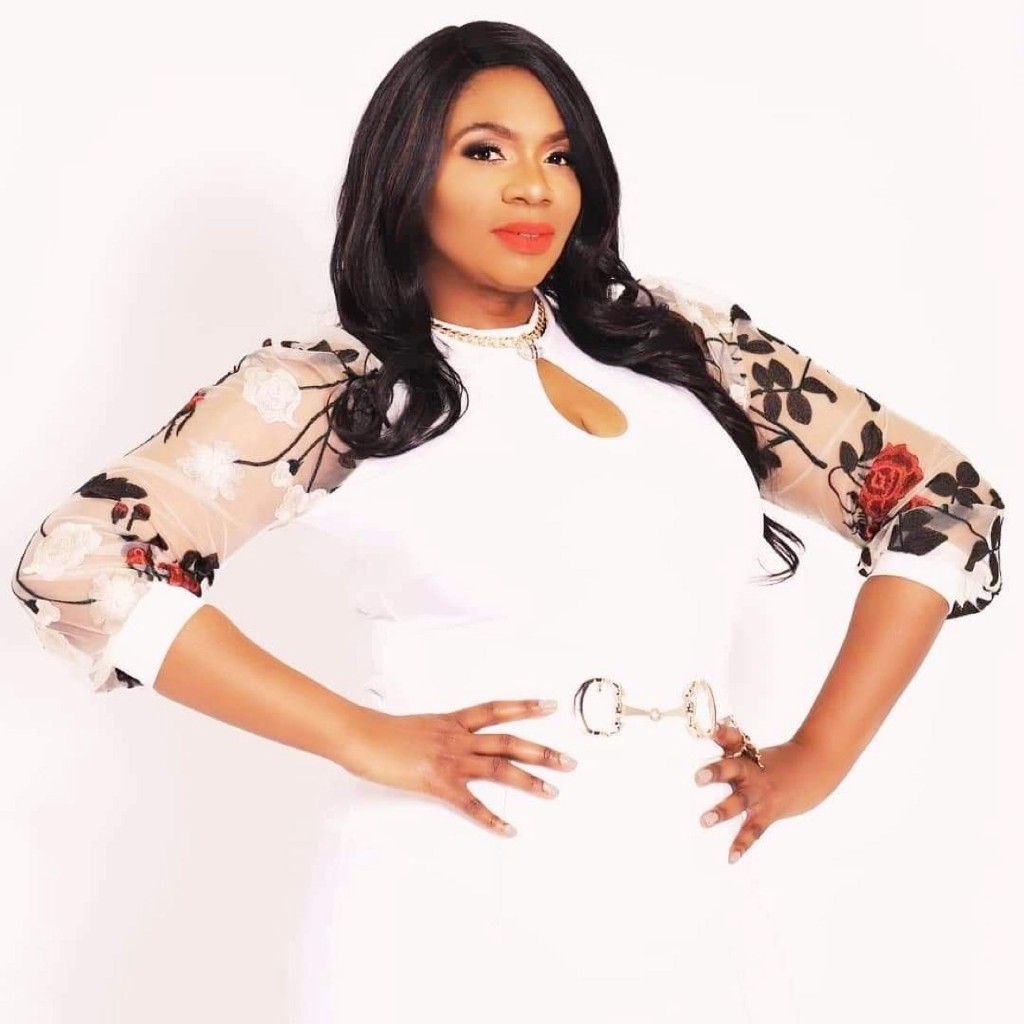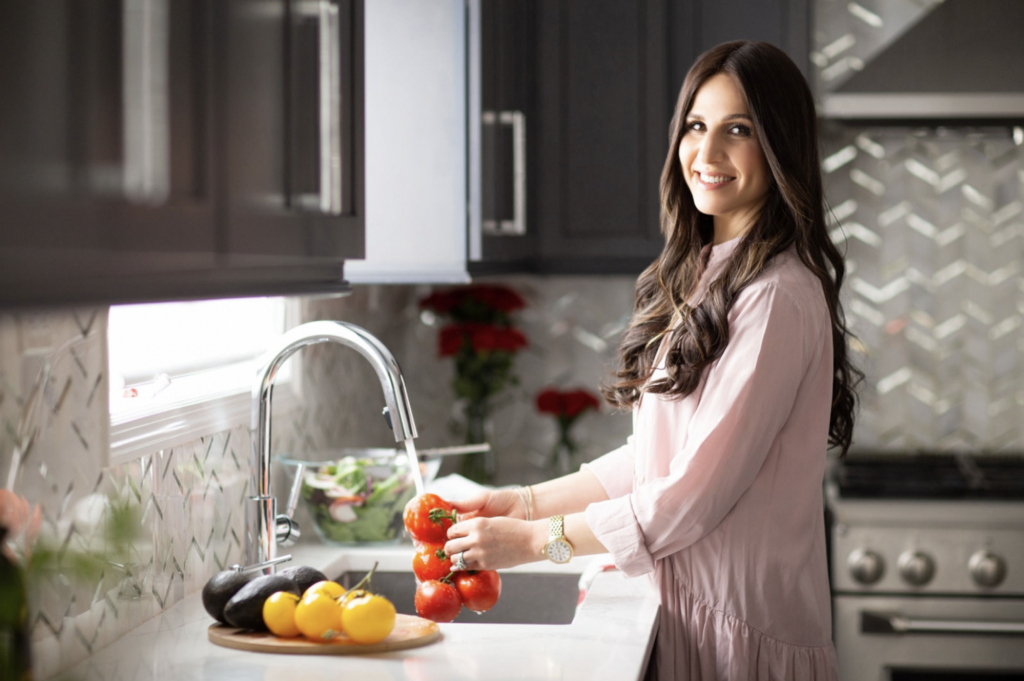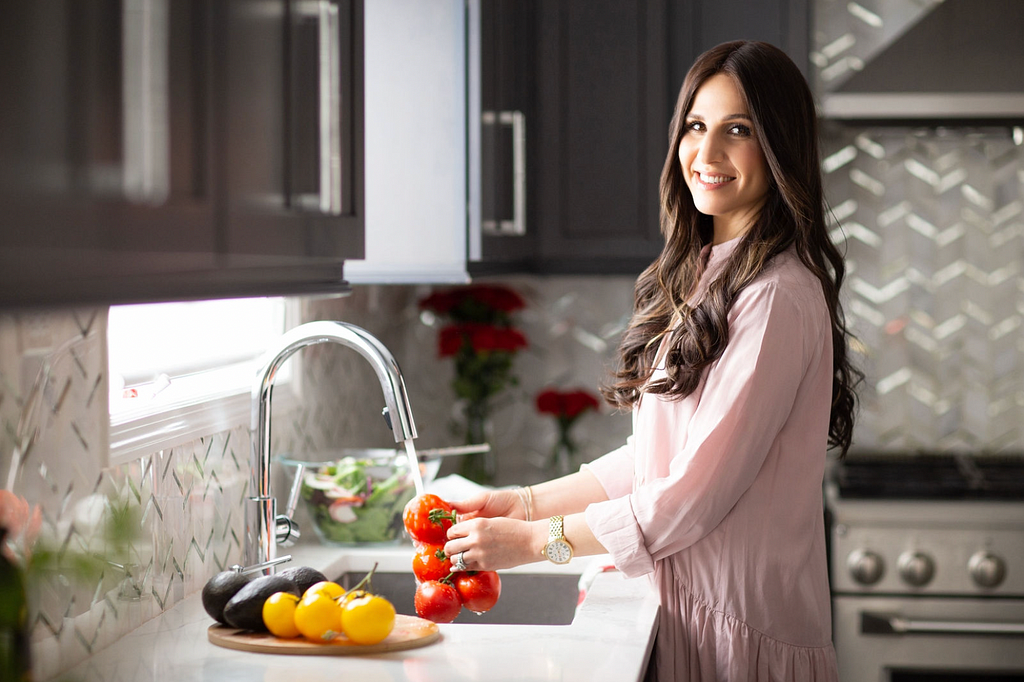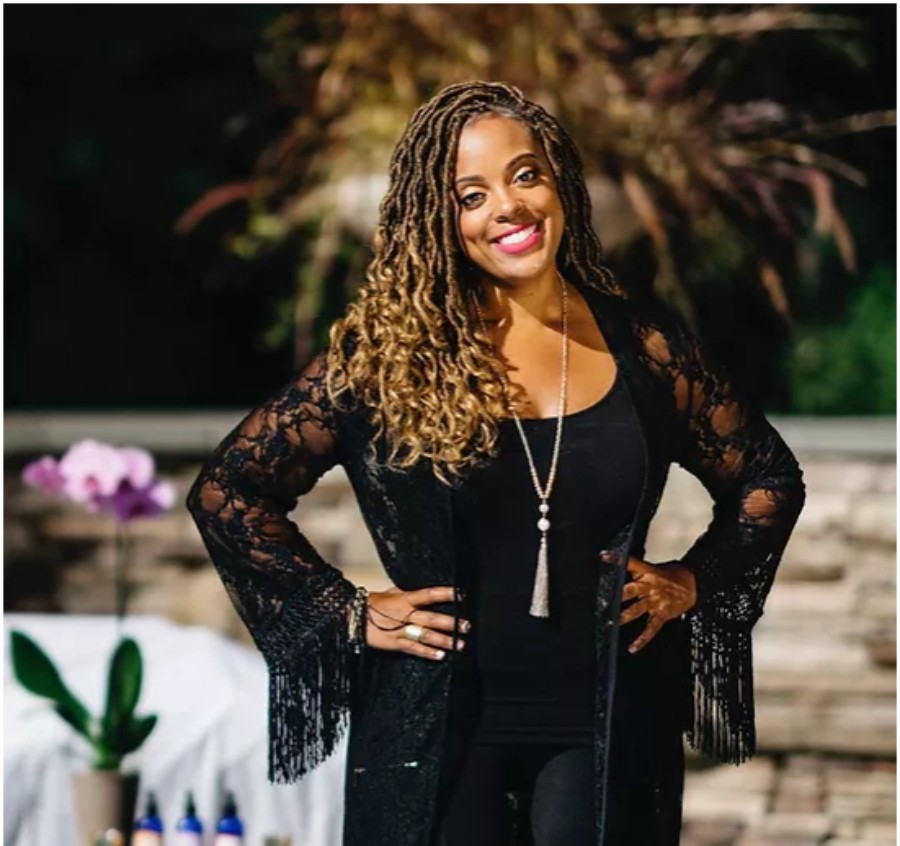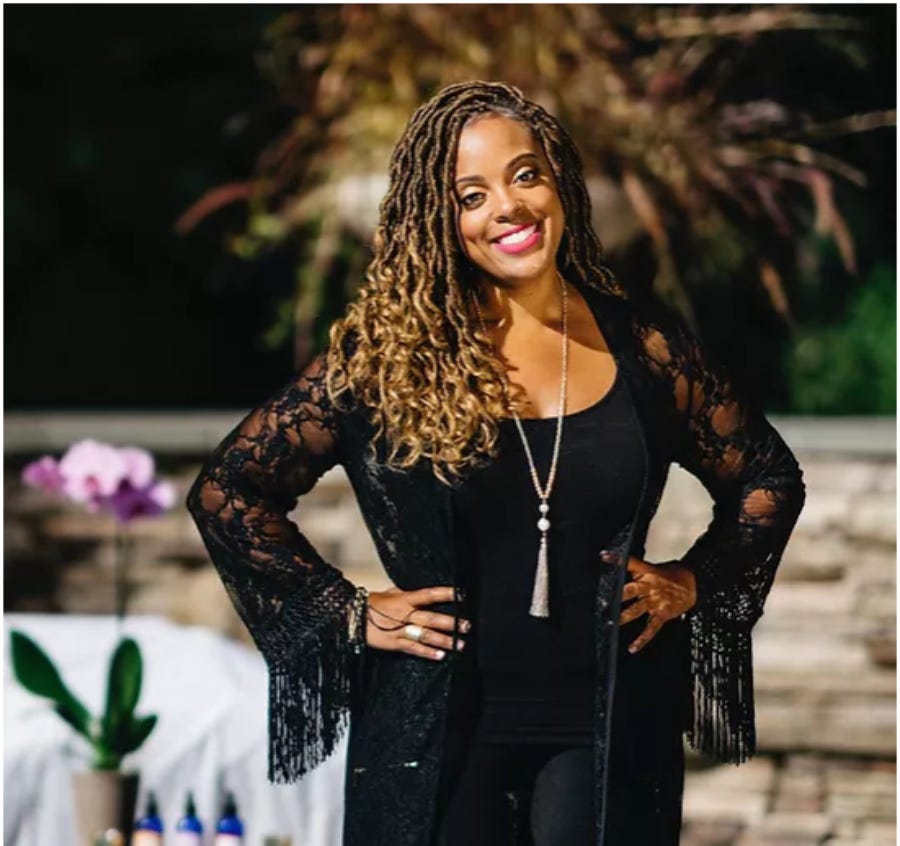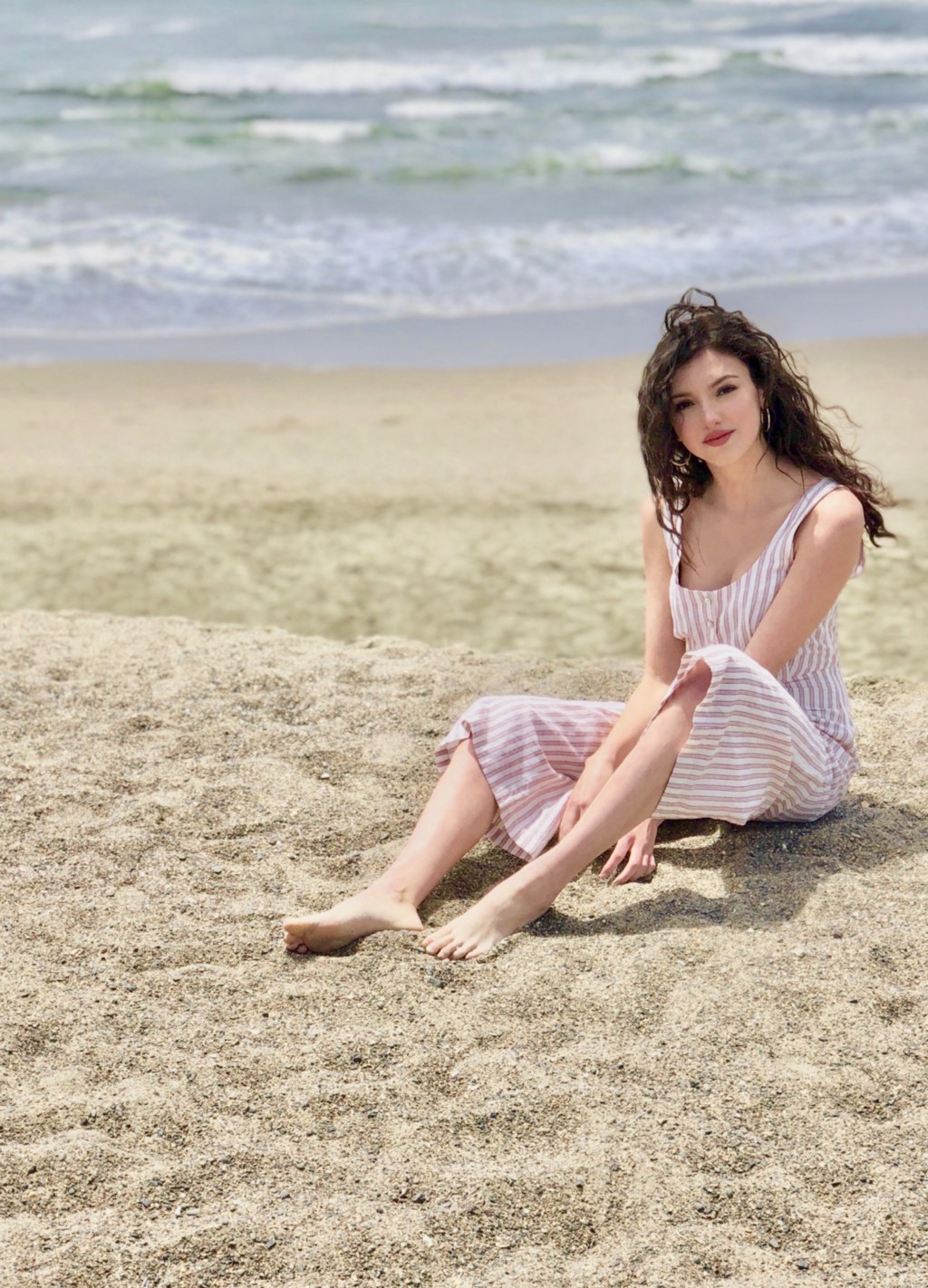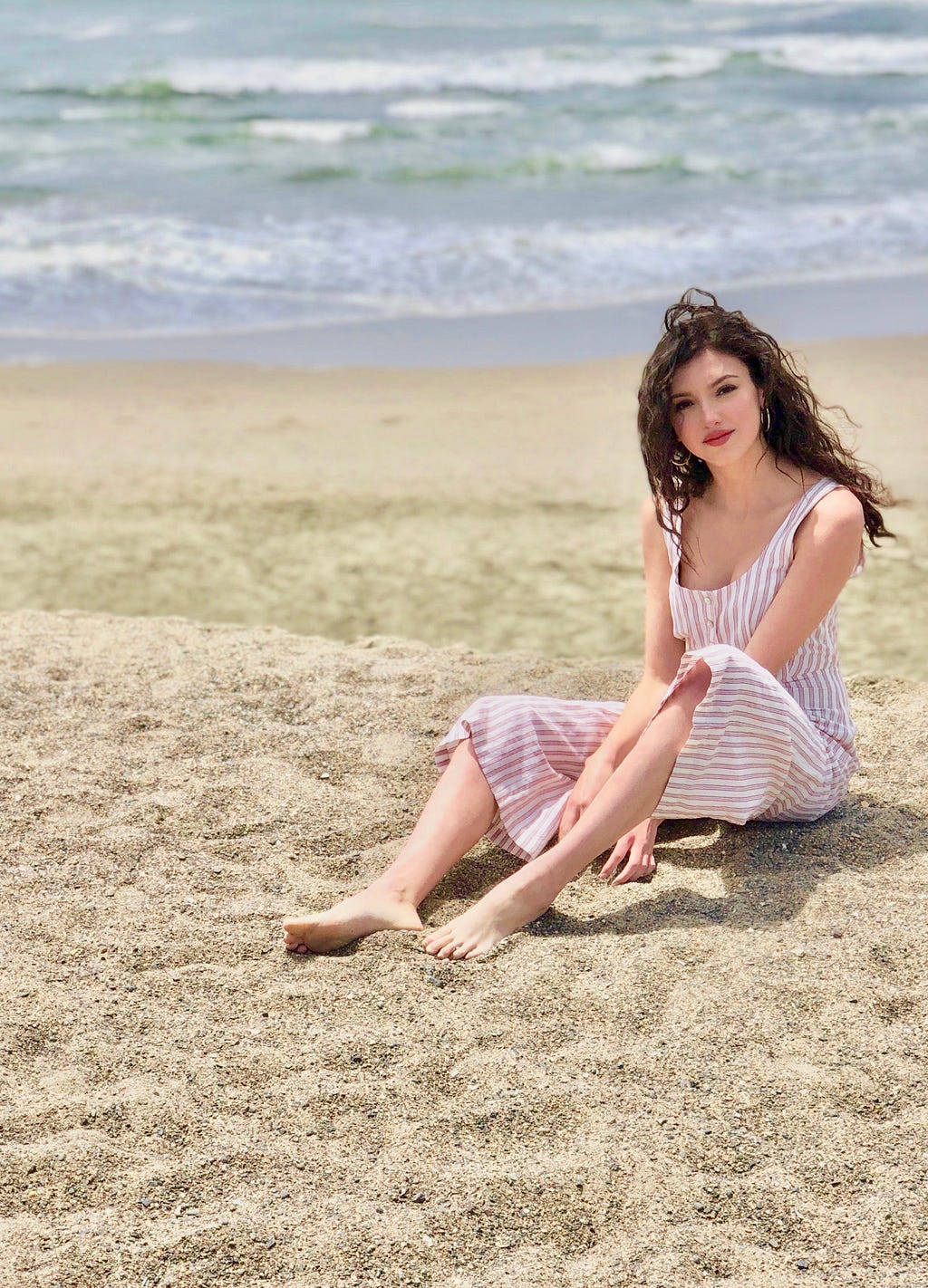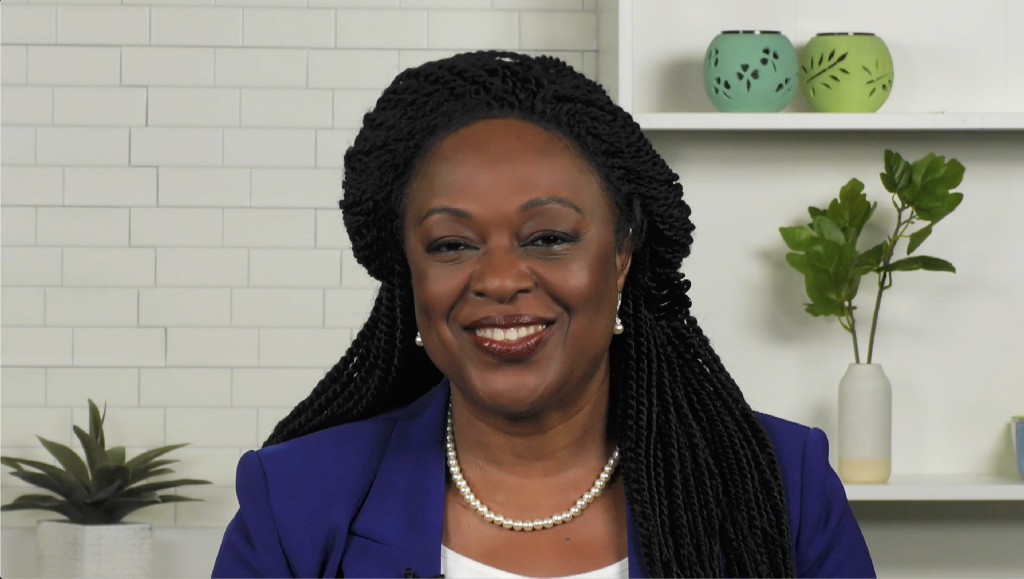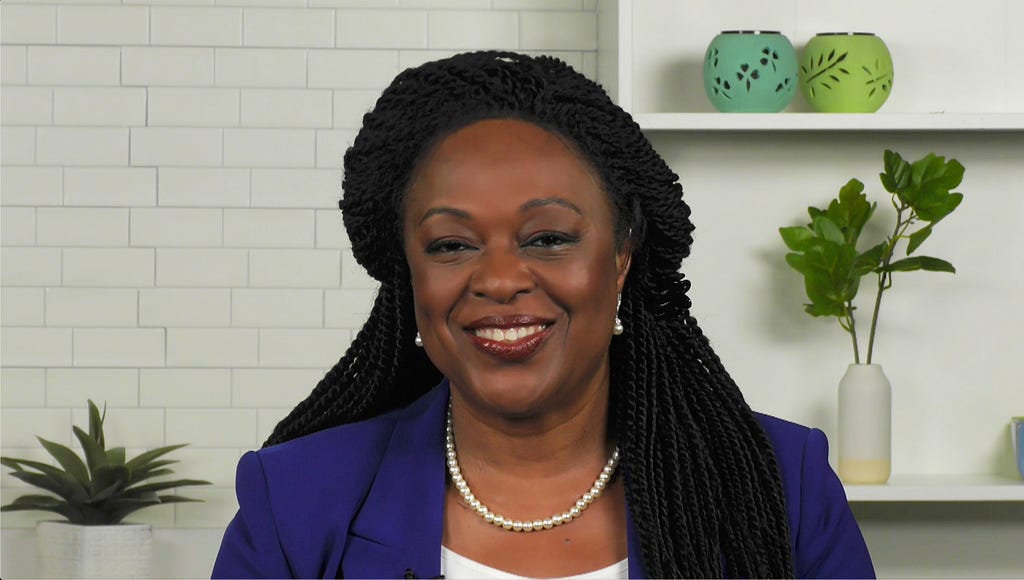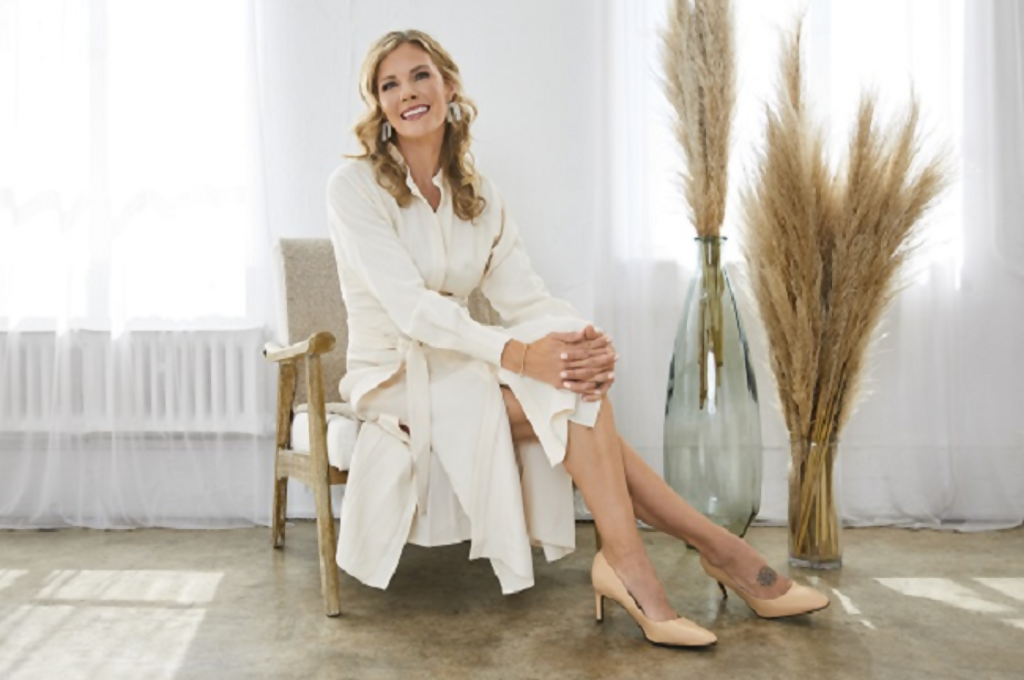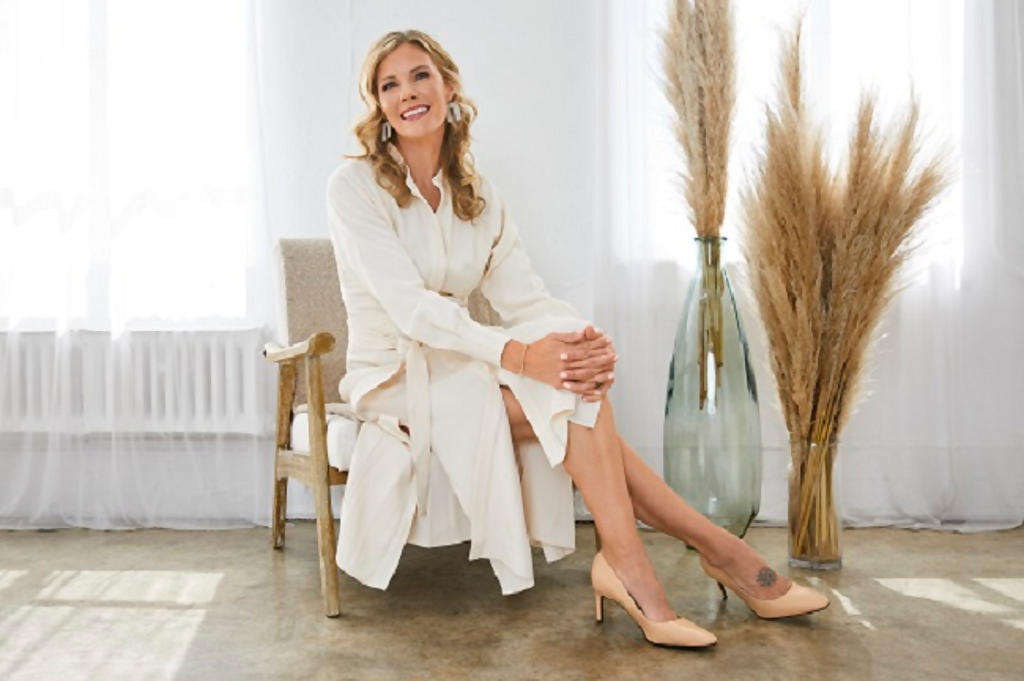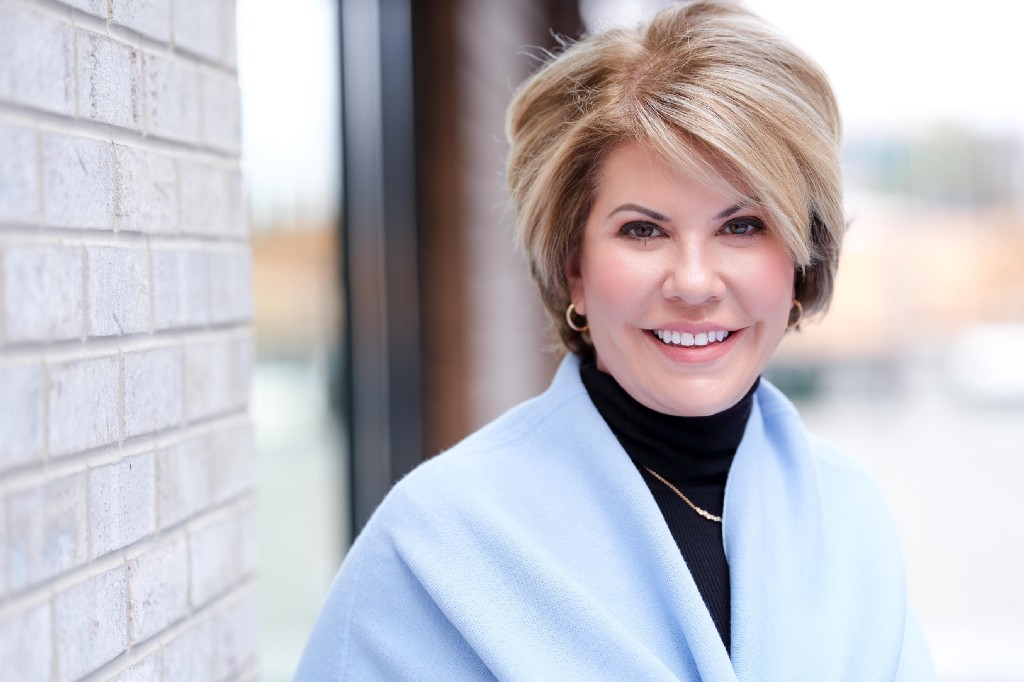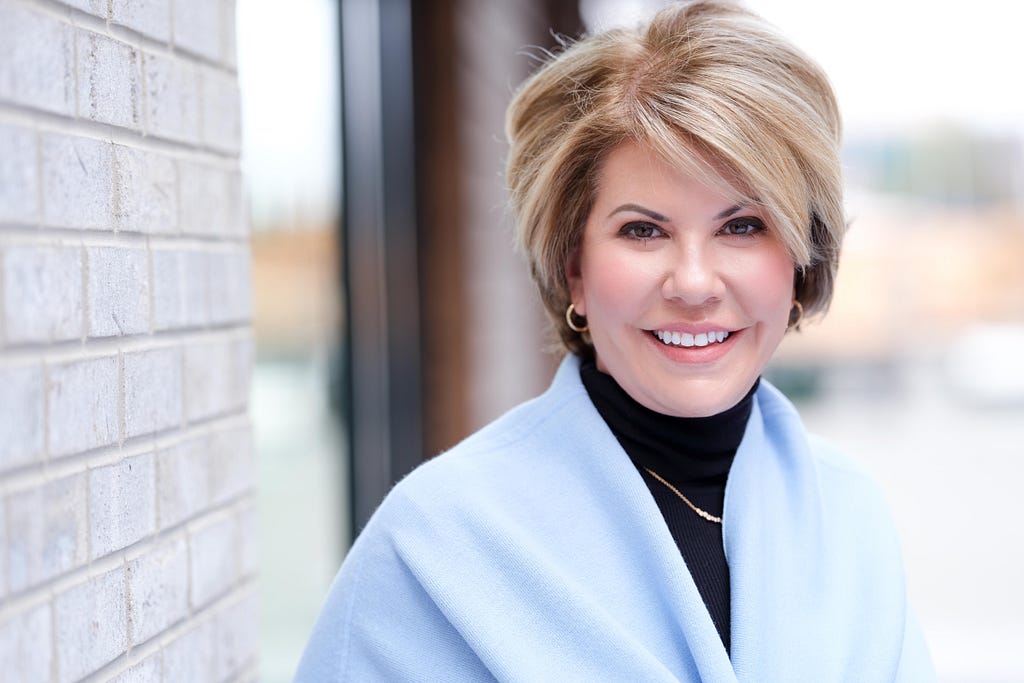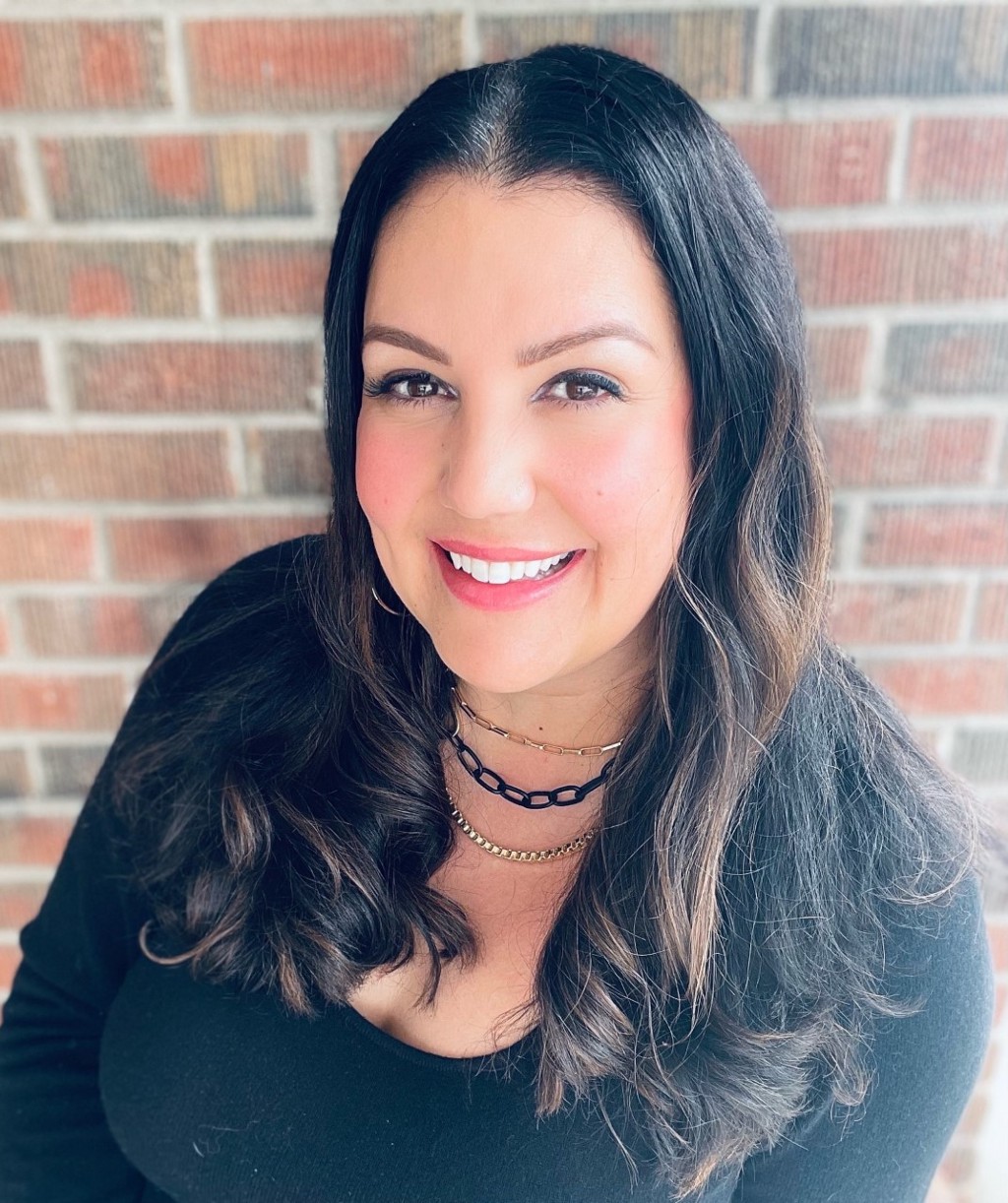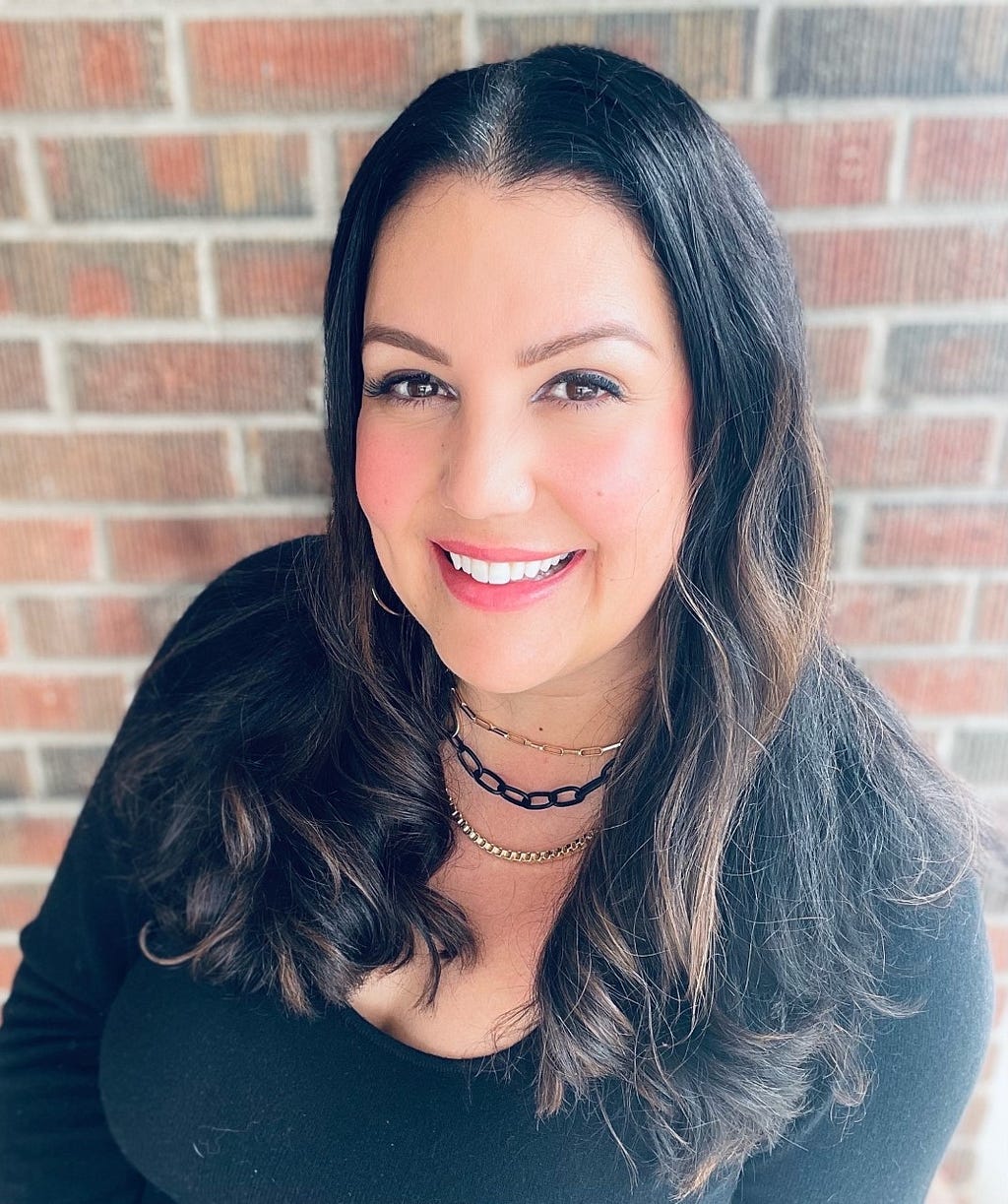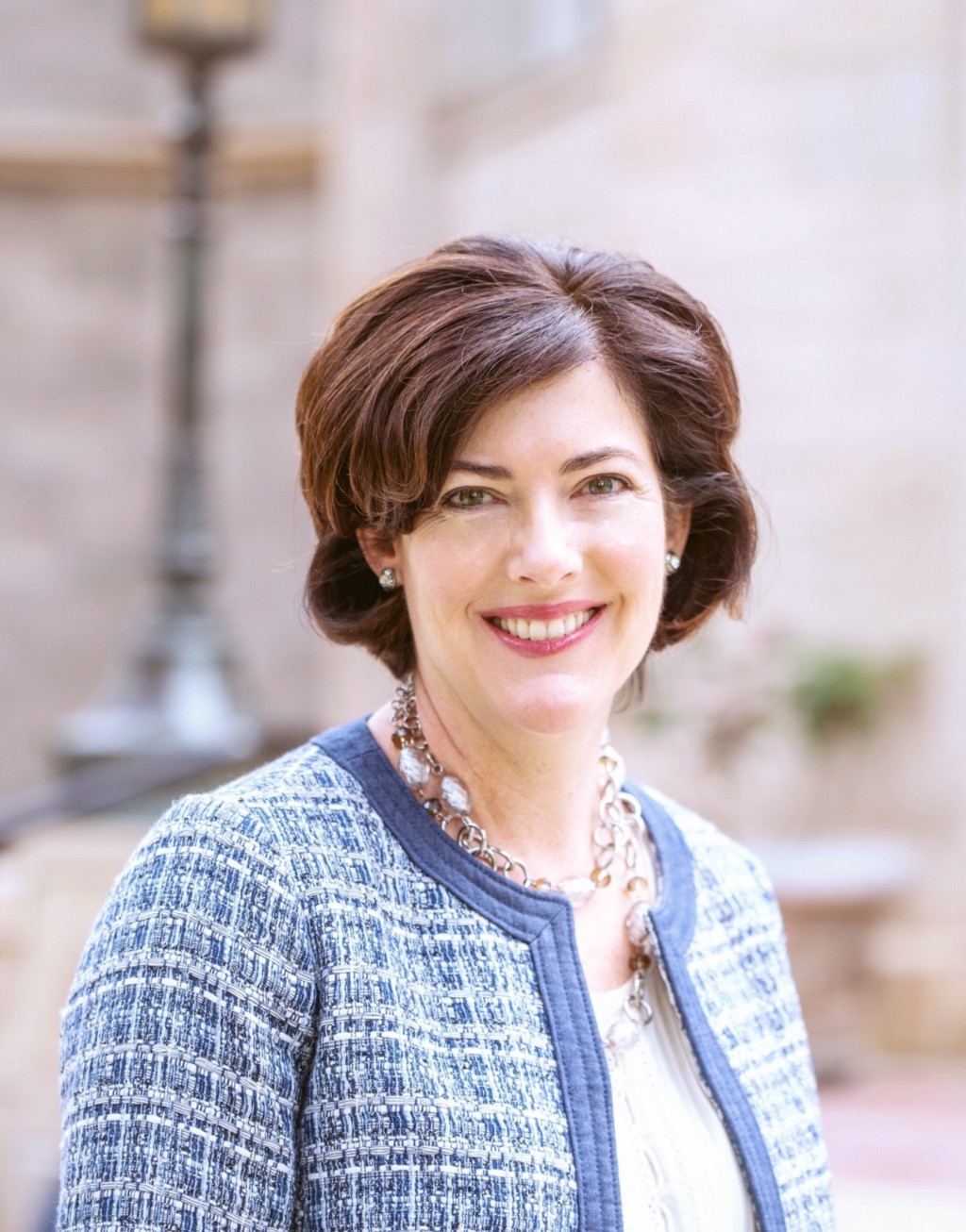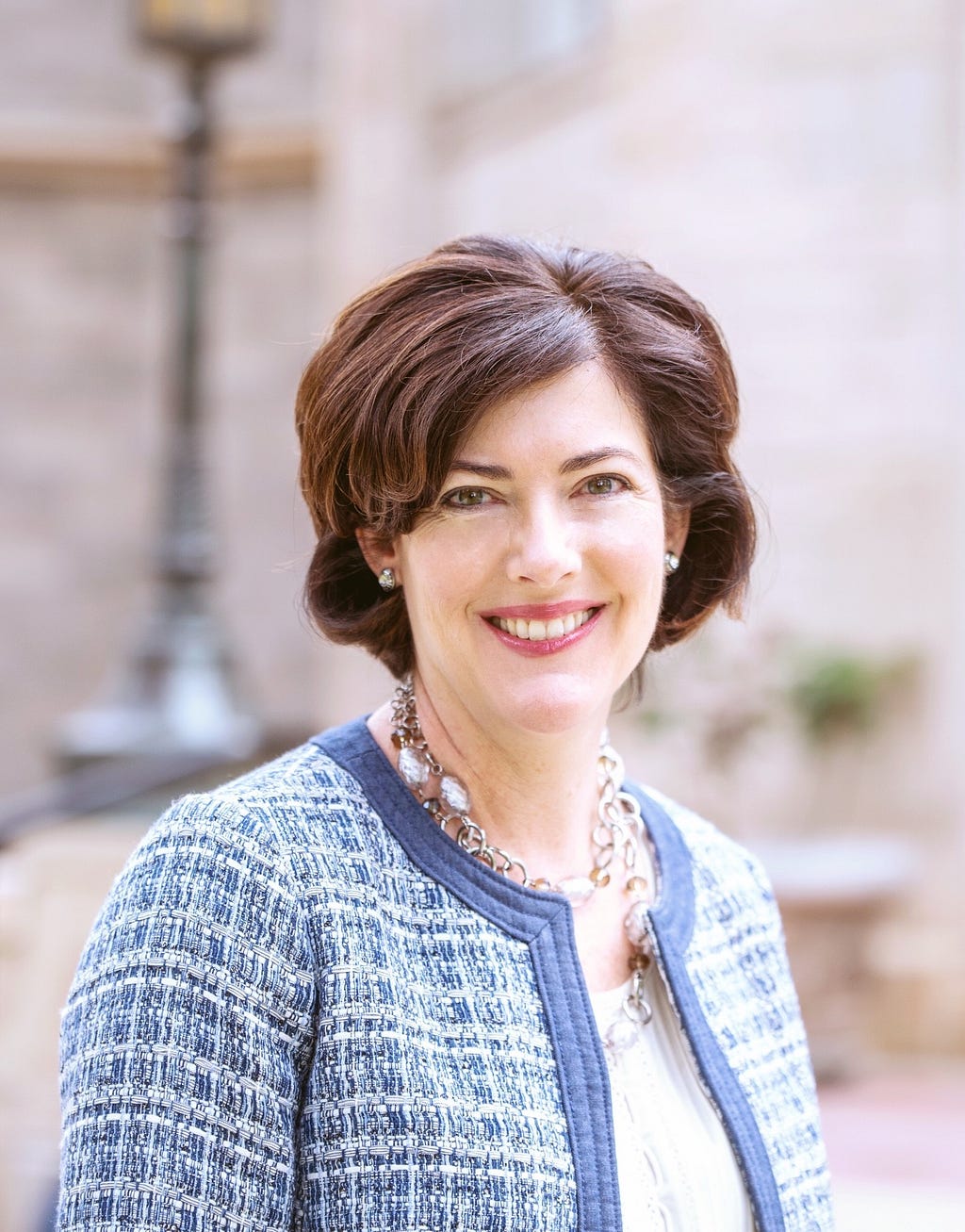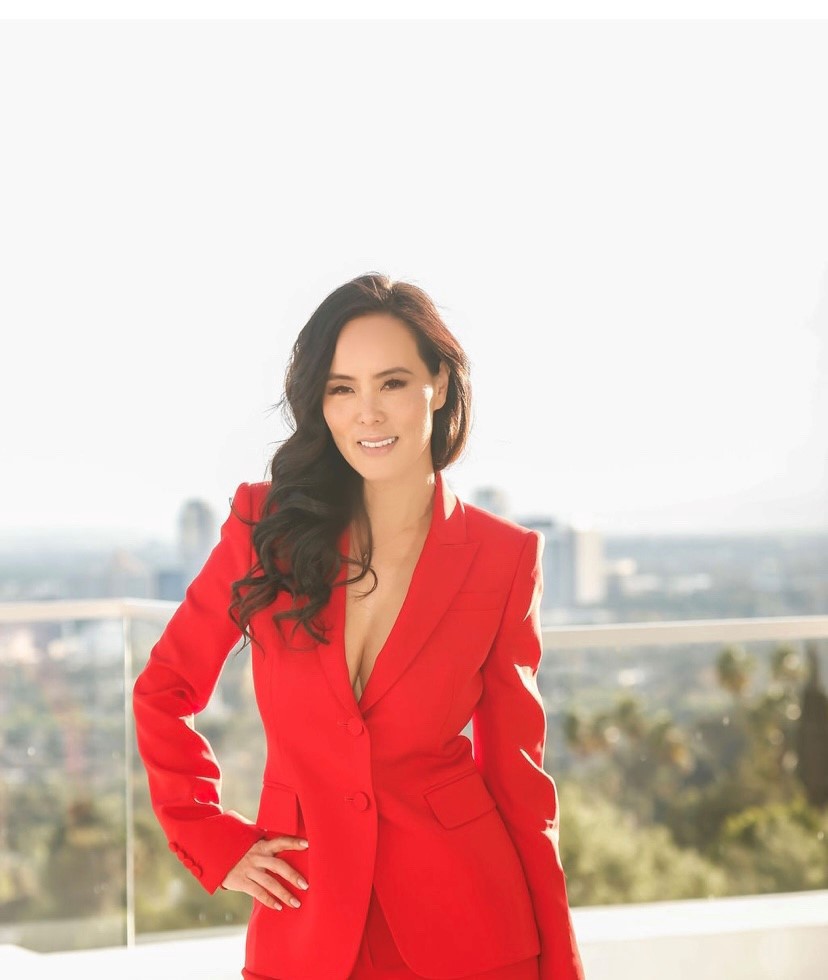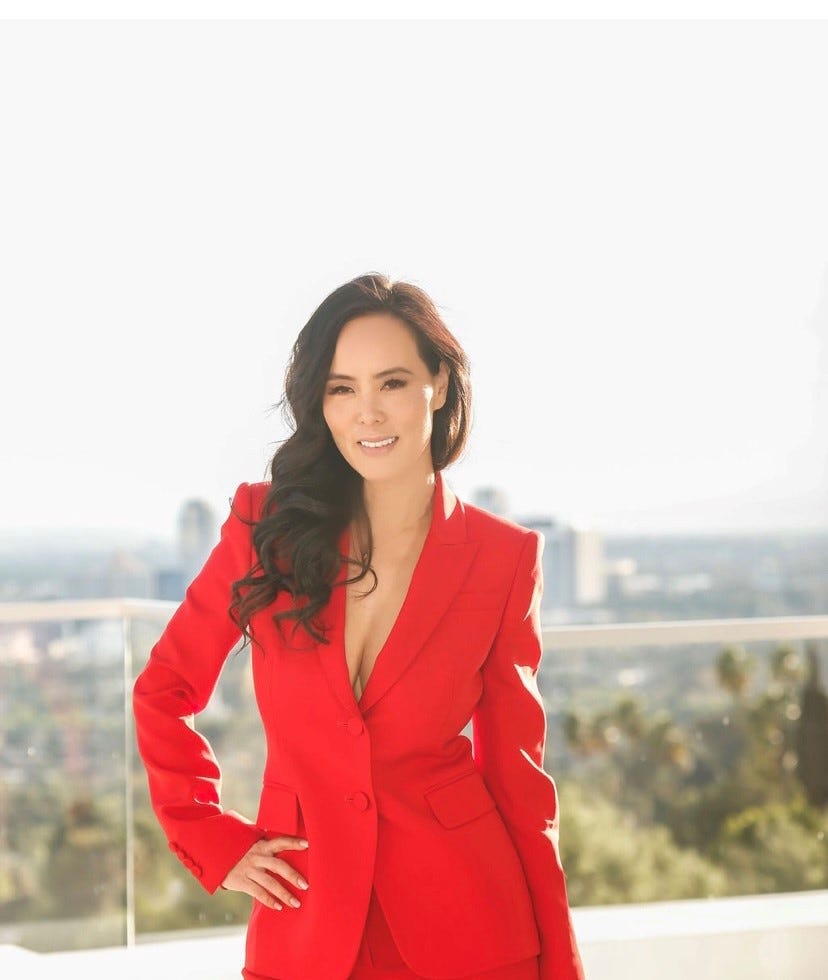Female Founders: LaKendra Smalley Of The Global Institute for Coaches and Entrepreneurs On The Five Things You Need To Thrive and Succeed as a Woman Founder
An Interview With Candice Georgiadis
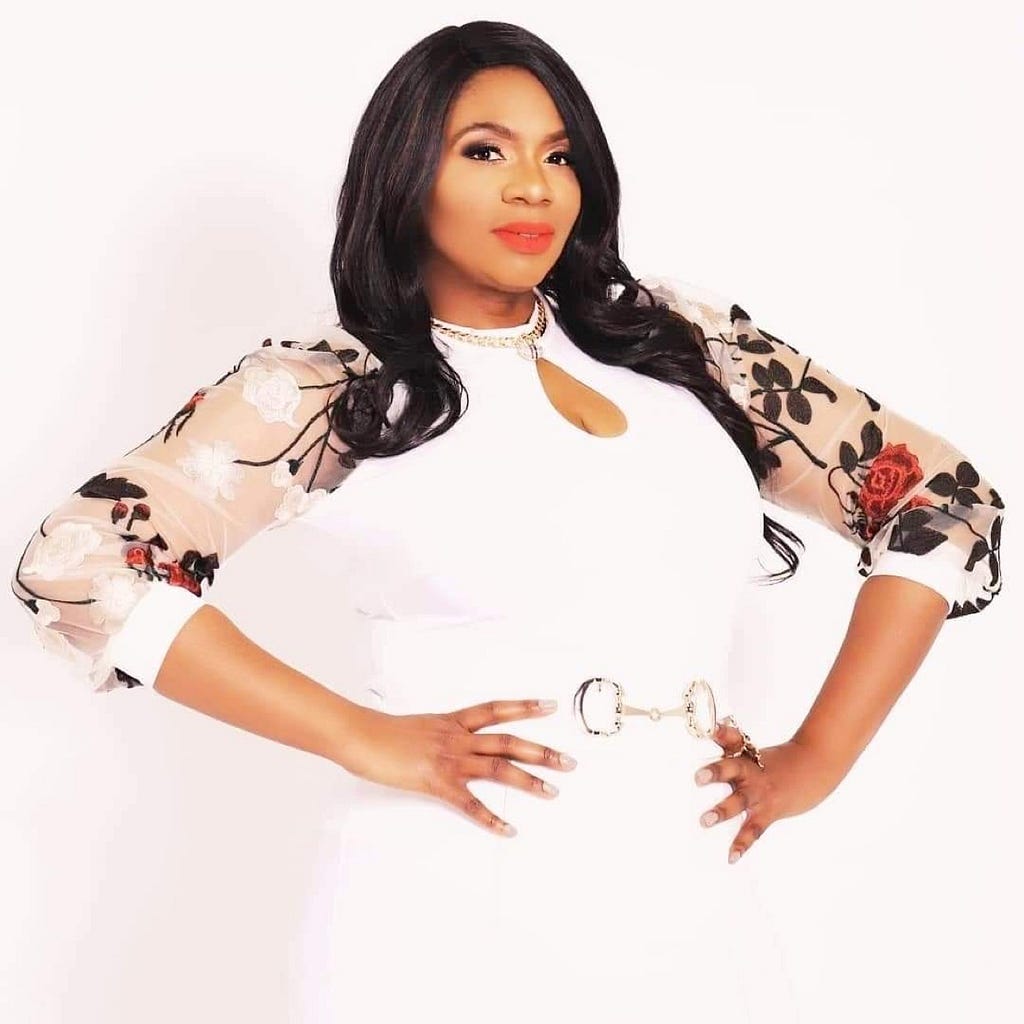
Redefine the word “hustle”/ work-life balance- I would have personalized what that word meant for me instead of running myself into the ground. Redefine it to fit your business and yourself as a CEO.
As a part of our series about “Why We Need More Women Founders”, I had the pleasure of interviewing Master Coach LaKendra Smalley.
Master Coach LaKendra Smalley is the CEO and Founder of 7-figure earning life coaching school: The Global Institute for Coaches and Entrepreneurs. The Global Institute for Coaches and Entrepreneurs specializes in certifying, training, and hiring life coaches, and intends to employ a life coach in all 195 countries around the globe.
Thank you so much for doing this with us! Before we dig in, our readers would like to get to know you a bit more. Can you tell us a bit about your “backstory”? What led you to this particular career path?
I am the founder and CEO of the Global Institute for Coaches & Entrepreneurs, Inc., a school dedicated to training and certifying one million life coaches around the globe. As a certified life & business coach, I’ve made it my mission to help leaders with their self-healing so that they can live the lives that they want to lead. Too often, those who have not done their inner-work transfer their suffering onto others and inadvertently contribute to problems they are trying to solve. Affectionately known as ‘The Heart Expert’, I help my clients and coaches substitute the suffering in their lives with love via a process I call ‘The 7 Dimensions of Wellness’.
Watching my mother battle with clinical depression is what inspired me to start my journey as a global leader, coach, and heart expert. Growing up, I’d always go with my mother to the public library and watch her read self-help books in attempts to improve her quality of life. Realizing the amazing impact these self-help books had on her by helping her conquer unfavorable life challenges, I became passionate about humanity, psychology and in dismantling trauma and lost hope in order to create a better and happier life for people.
Set on the career path I’d chosen for myself, I started my 15-year journey in the industry. Prior to deciding to open my life coaching school, I’d worked in behavior management as a parole officer and as a behavior adjustment educator working with at-risk youth with various mental illnesses for independent school districts all around the Dallas metroplex.
Since 2005, I have been running a charity in the heart of Dallas called H.Y.P.E Kidz Nation Inc., where I devote all my time, energy, and compassion into educating girls and women on how to mend their hearts and do their inner-healing so they can start having the quality of life that they want to have.
I also became a community activist and advocate where I spearhead two notable charity events a year: Community Fun Walk — designed to raise awareness about childhood obesity, and the Heart Gala — designed to spread awareness about heart disease in women with heart-and-mental-health issues.
I am also in partnership with the Daliso Foundation, a foundation that provides school supplies to less fortunate children in Zambia, and also give charitable donations to other non-profit organizations through my website http://www.leadingwithlove.store.
Moreover, I have been recognized by her community as the Top Executive Female — Addison Magazine, 10 Shades of Success — Elite Award of Growth, Pioneer — Nationally recognized SOS Award, Home-Town Hero — Radio One, 10 Shades of Success Dallas- Elite Award, and Community Service Award — Sons Of Light Grand Council, A.A.S.R.M. & Seraphina Grand Chapter, O.E.S. Besides, the widely acclaimed professional coach and motivator has been featured in several publications.
Can you share the most interesting story that happened to you since you began leading your company?
I’d have to say my most interesting story would be about my expansion into the Philippines and traveling there to certify life coaches in-person, not knowing anything about the country or culture. That was a very life-changing moment for me because it made my business a global brand. Now, The Global Institute for Coaches and Entrepreneurs has a hub in the U.S and in the Philippines.
Can you share a story about the funniest mistake you made when you were first starting? Can you tell us what lesson you learned from that?
Once business started picking up with certifying life coaches, it was hard to keep up with everyone’s names. After you certify your first 100 coaches, it can be easier for things to become a blur.. Sometimes, you forget names.
I had a coach fly in for certification that asked me if I knew what her name was, and I realized then and there that I didn’t know anyone’s name. Being a CEO with ADHD, it’s harder for me to learn and remember names, so now everyone wears a nametag.
None of us are able to achieve success without some help along the way. Is there a particular person who you are grateful towards who helped get you to where you are? Can you share a story about that?
My mother and my grandmother.They were my highest example of what entrepreneurship looked and sounded like. They taught me about resilience, consistency, and discipline– I learned that through them.
Ok, thank you for that. Let’s now jump to the primary focus of our interview. According to this EY report, only about 20 percent of funded companies have women founders. This reflects great historical progress, but it also shows that more work still has to be done to empower women to create companies. In your opinion and experience what is currently holding back women from founding companies?
Mindset and that big word I don’t agree with: balance. It’s the guilt women feel for having to choose family over business or business over family, instead of choosing what lights them up.
Can you help articulate a few things that can be done as individuals, as a society, or by the government, to help overcome those obstacles?
1: Hire a life coach.
2: Society not putting so much pressure on a woman having to choose between one or the other, family over business.
3: Government having more resources to help women start a business without having to sacrifice taking care of her family. If the government does this, she won’t have to make that sacrifice because she will have those financial resources.
This might be intuitive to you as a woman founder but I think it will be helpful to spell this out. Can you share a few reasons why more women should become founders?
It will extend her legacy and give her a greater purpose. It’s not only men that can leave a legacy of wealth to their families- women should be able to do that too. Becoming a female founder will allow her to leave her name in history.
My grandmother was the first black woman to work in the assembly line at Texas Instrument- her name will forever be in history.
My mother was the first black flight attendant student that graduated in her class.
I am the first black woman authorized by Medicaid to hire qualified life coaches to offer mental health services.
What are the “myths” that you would like to dispel about being a founder? Can you explain what you mean?
That entrepreneurship is glamorous.
The glamor comes at the end- it is never at the beginning.
It’s long hours; it’s a huge sacrifice of your time, family, and sometimes your own health, but if you can survive it: it’s all worth it in the end.
Is everyone cut out to be a founder? In your opinion, which specific traits increase the likelihood that a person will be a successful founder and what type of person should perhaps seek a “regular job” as an employee? Can you explain what you mean?
You have to be a visionary. And not just that, you have to be able to see the vision and execute the vision.
You have to have resilience, innovation, and passion.
You also need to know your weaknesses and not hide from them. When you know your weaknesses and don’t hide from them, you won’t have the fear of putting people in place to help with your business. Self-awareness is key to being a successful female founder, and part of that self-awareness involves knowing what you need to pass off to those that are more qualified.
You also have to be responsible for doing your “inside” work. Your desire for personal development needs to be as strong as your desire to make money.
Ok super. Here is the main question of our interview. What are your “5 Things I Wish Someone Told Me Before I Started” and why? (Please share a story or example for each.)
- Your personal growth and/or lack thereof can affect the growth of your business
- Outsource earlier- I know many people feel they aren’t in the position to do that yet, but you can. There’s never not a way. Instead of saying “I can’t do it”, say “how can this be done”. You can find interns, you can barter, give gifts and exchange services. You need to come into business thinking “we” not “me”- think team.
- Hire a business attorney- it’s important that when you do business with anyone that you understand your legal obligations and other people’s legal obligations to you. If you hire a business attorney they can tell you what contracts you need for protecting your Intellectual Property. It also helps you have a different kind of posture as a business owner.
- Legal advice is also needed before starting your business.
- Redefine the word “hustle”/ work-life balance- I would have personalized what that word meant for me instead of running myself into the ground. Redefine it to fit your business and yourself as a CEO.
How have you used your success to make the world a better place?
I am working to have a Certified Life Coach represented in all 195 countries.
If there’s one radical Change-Agent, Thought-Leader, Influencer, or Decision-Maker represented in every country with the heart of a Life Coach; the expansion of their heart will infinitely penetrate one child, one person, one family, and one community at a time, and what a better place this world would be.
You are a person of great influence. If you could inspire a movement that would bring the most amount of good for the greatest number of people, what would that be? You never know what your idea can trigger.
My vision for The Global Institute for Coaches and Entrepreneurs has always been to have one one million life coaches around the globe.
I was given this vision of bringing the entire world together to expand love and compassion into the hearts of leaders wanting to make our world a better place. I had no idea how I could do that until I found life coaching. I found that in order to make the world better, I had to become better. I needed to be more responsible for the life I was living by limiting my suffering, which expanded more to loving myself better. I am the “better world” I was looking for all of this time. Now, I am teaching others how to become their “better world.” Life coaching is God’s profession. It teaches you how to love through the expansion of self, which makes you responsible for helping others to do the same.
We are very blessed that some very prominent names in Business, VC funding, Sports, and Entertainment read this column. Is there a person in the world, or in the US with whom you would love to have a private breakfast or lunch with, and why? He or she might just see this if we tag them.
Jay Z, Puff Daddy, and Jay Shetty.
Jay Z- to me Jay Z really represents what’s possible for me. Him coming from poverty to being a billionaire and expanding himself beyond just rap- it’s just amazing and captivating for me.
Puff Daddy- to me, he is freaking radical. He is the example that you can reinvent yourself however many times you want to, and I love how he unapologetically expresses love.
Jay Shetty- in my late 20’s I was mentored by munk, and I would love to be able to sit down with Jay because he’s transitioned over into a new platform. I’d like to be able to be enlightened by him and hear his takes on healing world suffering.
Thank you for these fantastic insights. We greatly appreciate the time you spent on this.
Female Founders: LaKendra Smalley Of The Global Institute for Coaches and Entrepreneurs On The Five… was originally published in Authority Magazine on Medium, where people are continuing the conversation by highlighting and responding to this story.


